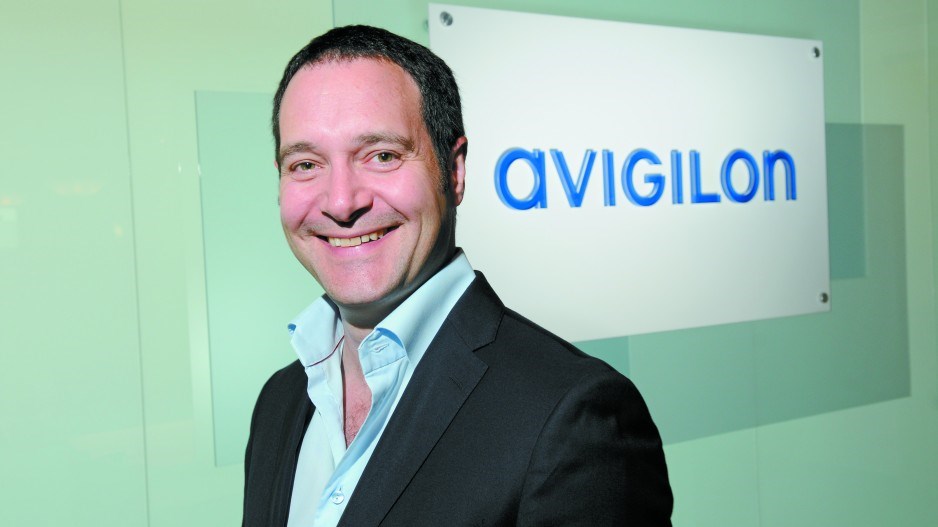As a businessman, Alexander Fernandes seems to possess the same kind of keen telescopic vision that his company's surveillance cameras possess.
He is always looking five years ahead, judging the market, calculating how to stay at the leading edge. He's always innovating and he's always making money.
His high-definition surveillance camera company, Avigilon Corp. (TSX:AVO), has enjoyed staggering growth of 49,908% over five years, earning it the title of Canada's fastest-growing company by both Profit 500 and Deloitte Fast 50, based on revenue growth.
In one year, his company's market cap doubled, from $368 million in 2012 to $786 million today, as share prices doubled to around $20. The firm's third-quarter earnings have also doubled to $51.1 million versus Q3 2012.
But as Fernandes points out, growth doesn't always necessarily mean profitability, whereas Avigilon is profitable.
"One of the things that makes Avigilon extremely unique is that combination of hyper revenue growth coupled with consistent year-over-year profitability," Fernandes said.
"High level, I try to make sure that – as a rule of thumb – for every dollar that we spend, we at least get $3 back. It doesn't have to be right away, but it has to be in five years or less."
In 1999, Fernandes founded QImaging with $2 million and sold it in 2002 for $20 million. In this time, he had identified need for HD security cameras that wasn't being met. It's a global market that Fernandes said is estimated will be worth $20 billion by 2016.
So in 2004, he founded Avigilon, using some of the profits he made from QImaging. And that, he said, is just one of the keys to his company's success: having skin in the game.
"I've been successful at raising money. I've led every round of financing, so I was always the first participant. Too many CEOs want other people to invest but then don't invest their own money. Why would an investor take a risk when the CEO is not taking it?"
Avigilon makes high-definition surveillance cameras. So do other companies, but Fernandes said it's a fragmented market, and that Avigilon's end-to-end product, including surveillance software and a 24-hour customer support centre, makes it a leader.
One of the keys to Fernandes' success is his willingness to take calculated risks. In 2011, he took Avigilon public – one of the only companies in Canada to do so that year – and squarely hit his fundraising target of $25 million.
"We went public when everyone was telling us that the public markets for tech companies were closed," Fernandes said. "It was risky, but if you have conviction and your plan makes sense, just because it's hard or risky doesn't mean it shouldn't be done."
Although Fernandes said he runs a tight ship, he doesn't stint on research and development. In technology, having the best product is never enough because there is always a competitor working on something better or cheaper.
"Our success is based in large part that we deliver a superior product at a better price," he said. "At the end of the day we have a better team. That better performance is a direct result of the individuals in the company." •
What sorts of character traits or leadership styles do CEOs have to cultivate in the 21st century?
You have to move fast, look into the future and innovate. Slow decision-making and indecision almost guarantee a slow death.
What accomplishments are you most proud of?
Going from zero revenue to over $100 million within five years and doing it profitably. The other is that every employee with stock options – both at this company and my prior company – has made money on them.
What is the biggest challenge you have faced?
Building teams that take into account people's weaknesses and shortcomings, and are complementary. I've been blessed that my plans are sound, but there are still challenges in executing and it comes down to the people.
What career decisions would you make differently today?
I would do exactly the same thing. I couldn't ask for anything more.
What's one business lesson that you'd like to pass on to others?
One is to not be afraid to do things perceived as contrarian, and two is to hold people accountable. Manage with courage.




